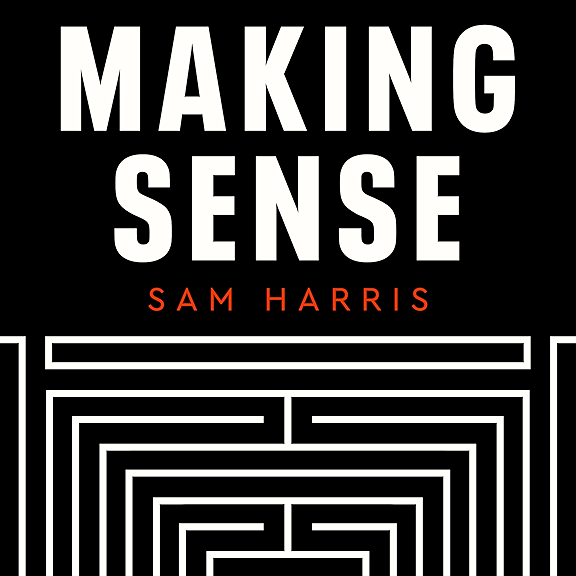
Survey Says: With Guests W. Joseph Campbell & Emily Oster
If you ran a survey at a science fiction convention to find out which movies were most popular with the general public, chances are good that the results would lean heavily towards sci-fi films. This skewing of data is plain to see in this context, but in many others it’s less obvious and potentially more pernicious.
In this episode of Choiceology with Katy Milkman, we look at a bias that can distort information that we gather from the world around us.
First, W. Joseph Campbell tells the story of the infamous Literary Digest election poll of 1936. The publication had correctly predicted several presidential elections in the 1920s and '30s and was considered the most reputable pollster of its day. They sent millions of surveys to people across the United States in advance of the 1936 election. But this time, their predictions couldn’t have been further from the results.
W. Joseph Campbell is a professor of communications at American University and author of Lost in a Gallup: Polling Failure in U.S. Presidential Elections.
Next, Katy speaks with Emily Oster about research that shows how a bias in the way information is collected and presented can affect many decisions, especially ones related to health and parenting.
You can read more in her latest book, The Family Firm: A Data-Driven Guide to Better Decision Making in the Early School Years.
Emily Oster is the JJE Goldman Sachs University Professor of Economics at Brown University.
Choiceology is an original podcast from Charles Schwab. For more on the series, visit schwab.com/podcast.
If you enjoy the show, please leave a ⭐⭐⭐⭐⭐ rating or review on Apple Podcasts.
Important Disclosures
All expressions of opinion are subject to change without notice in reaction to shifting market conditions.
The comments, views, and opinions expressed in the presentation are those of the speakers and do not necessarily represent the views of Charles Schwab.
Data contained herein from third-party providers is obtained from what are considered reliable sources. However, its accuracy, completeness or reliability cannot be guaranteed.
The policy analysis provided by the Charles Schwab & Co., Inc., does not constitute and should not be interpreted as an endorsement of any political party.
Investing involves risk, including loss of principal.
The book, How to Change: The Science of Getting from Where You Are to Where You Want to Be, is not affiliated with, sponsored by, or endorsed by Charles Schwab & Co., Inc. (CS&Co.). Charles Schwab & Co., Inc. (CS&Co.) has not reviewed the book and makes no representations about its content.
Apple Podcasts and the Apple logo are trademarks of Apple Inc., registered in the U.S. and other countries.
Google Podcasts and the Google Podcasts logo are trademarks of Google LLC.
Spotify and the Spotify logo are registered trademarks of Spotify AB.
(0523-38JC)




















